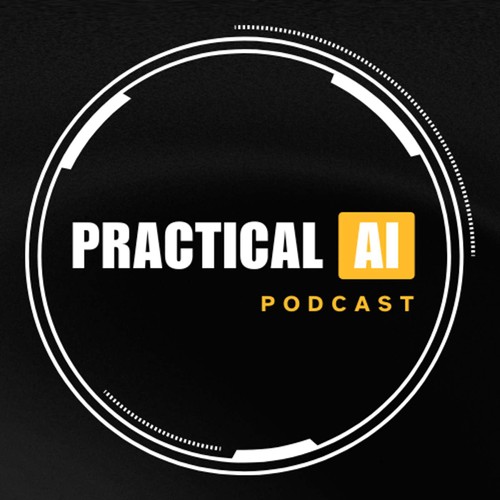
 Practical AI
Practical AI Pausing to think about scikit-learn & OpenAI o1
26 snips
Sep 17, 2024 Discover how scikit-learn's recent seed funding may reshape the data science landscape. Uncover the intrigue behind OpenAI's new model, which pauses to ponder complex tasks. The discussion dives into the vital role of core data science amid AI hype and the challenges of navigating AI’s rapid evolution. Explore its marketing strategies and user interface pitfalls, while also examining AI’s applications in physics research. Plus, there's a passionate plea for the value of open-source tools and community collaboration in advancing knowledge.
AI Snips
Chapters
Transcript
Episode notes
Finding AI Information
- Consider joining Slack channels and Discords for AI information.
- These platforms can offer valuable insights and discussions within the AI community.
Probable's Seed Funding
- Probable received seed funding, furthering their mission of "own your data science."
- This emphasizes data science tools' importance for internal, private data use.
OpenAI's o1 Model
- OpenAI's o1 model emphasizes advanced logical reasoning and slower processing.
- This differs from GPT-4, prompting consideration of specific use cases for each model.
